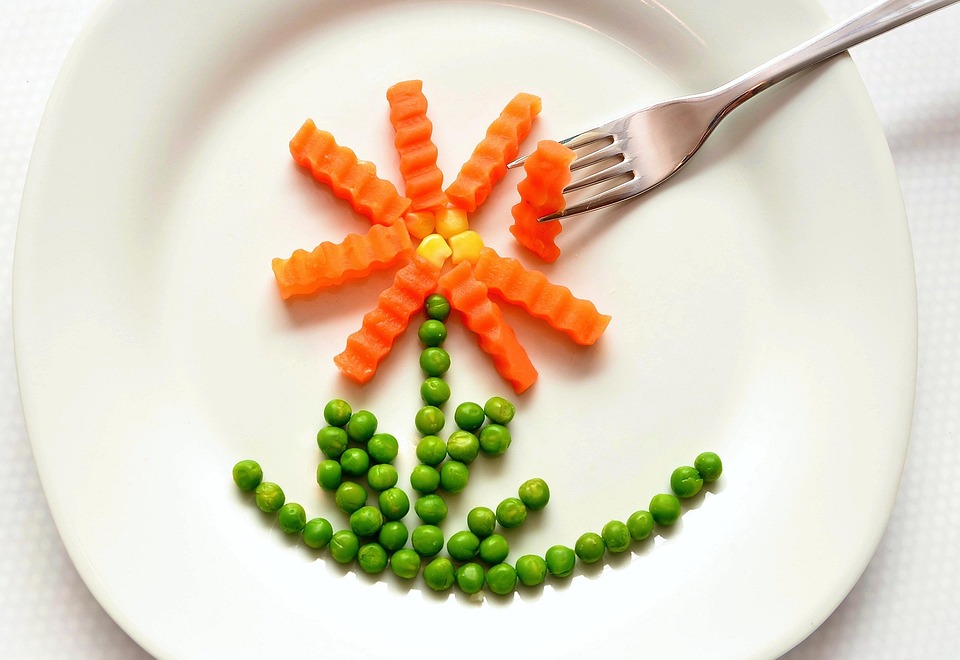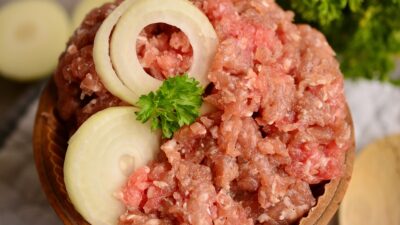Cooking at home can be an exceptionally rewarding endeavor. Whether you’re looking to impress dinner guests, feed your family, or enjoy a solo meal, mastering a few essential skills can elevate your culinary game. This article lays out the fundamental techniques and knowledge every aspiring chef should possess, guiding you from novice to connoisseur.
1. Knife Skills
Why It Matters:
A sharp knife is the most invaluable tool in the kitchen. Mastering basic knife skills not only enhances safety but also improves the quality of your dishes.
Key Skills:
- Chopping: Learn different cuts like dice, julienne, and chiffonade.
- Mise en Place: Organize your ingredients before cooking to streamline the process.
- Knife Maintenance: Regular sharpening and proper cleaning to maintain your knife’s edge and longevity.
2. Understanding Ingredients
Why It Matters:
Knowledge about ingredients is crucial for flavor balancing and substituting in recipes.
Key Areas:
- Seasoning: Understand how to use salt, herbs, and spices effectively.
- Fresh vs. Dried: Learn the differences in flavor and potency between fresh and dried herbs and spices.
- Food Pairing: Recognize which ingredients complement each other.
3. Cooking Techniques
Why It Matters:
Various cooking methods can dramatically change the outcome of a dish.
Essential Techniques:
- Sautéing and Stir-Frying: Quick cooking methods that preserve flavor and texture.
- Baking: Master basic recipes like bread and pastries to understand rising agents and temperatures.
- Roasting and Grilling: Learn how to achieve a perfect caramelization for depth of flavor.
4. Flavor Building
Why It Matters:
Enhancing flavors is a transformative part of cooking, moving a dish from mundane to extraordinary.
Techniques:
- Layering Flavors: Start with aromatics like onions and garlic, then build with broths, wines, and acids.
- Balancing Sweetness and Acidity: Use sugar, honey, vinegar, or citrus to bring dishes to life.
- Deglazing: After sautéing, use wine or broth to lift the fond (the browned bits) from the pan to incorporate into sauces.
5. Sauce Mastery
Why It Matters:
A good sauce can elevate any dish and is often the hallmark of a skilled chef.
Fundamental Sauces:
- Mother Sauces: Learn the five mother sauces (béchamel, velouté, brown sauce, hollandaise, and tomato) as the basis for many variations.
- Finishing Sauces: Simple pan sauces using drippings from meat, combined with stock, wine, or cream, can transform a meal.
6. Baking Basics
Why It Matters:
Baking is a science as much as it is an art, and understanding it can broaden your cooking repertoire.
Key Concepts:
- Measuring Accurately: Understand the importance of precise measurements in baking.
- Leavening Agents: Know how baking soda, baking powder, and yeast work.
- Doneness Testing: Techniques to check if cakes and breads are properly baked.
7. Food Safety and Storage
Why It Matters:
Good kitchen practices prevent foodborne illnesses and help ensure your meals are safe.
Fundamental Practices:
- Proper Handling: Learn safe food prep techniques, including avoiding cross-contamination.
- Safe Temperatures: Understand the importance of cooking temperatures for various types of food.
- Storage Tips: Know how to store leftovers safely to maintain their freshness.
8. Presentation Skills
Why It Matters:
We eat with our eyes first! A beautiful presentation can make even the simplest meal feel special.
Essential Techniques:
- Plating: Experiment with different plating styles to highlight your dishes.
- Garnishing: Use herbs, sauces, or colorful vegetables to enhance the aesthetic appeal.
- Color and Texture Variations: Incorporate elements that bring different colors and textures to your plate.
9. Experimentation and Creativity
Why It Matters:
The best chefs are often those who are unafraid to experiment with flavors and techniques.
How to Foster Creativity:
- Adapt Recipes: Modify existing recipes to make them your own.
- Fusion Cooking: Combine elements from different cuisines to create exciting new dishes.
- Continuous Learning: Take cooking classes or watch tutorials to keep your skills fresh.
Conclusion
Embarking on the journey from beginner to chef is both challenging and rewarding. By focusing on these essential skills, you’ll build a strong culinary foundation that will serve you well in the kitchen. Whether you’re cooking for yourself, your family, or friends, the satisfaction of preparing a delicious meal will make it all worthwhile. Happy cooking!



